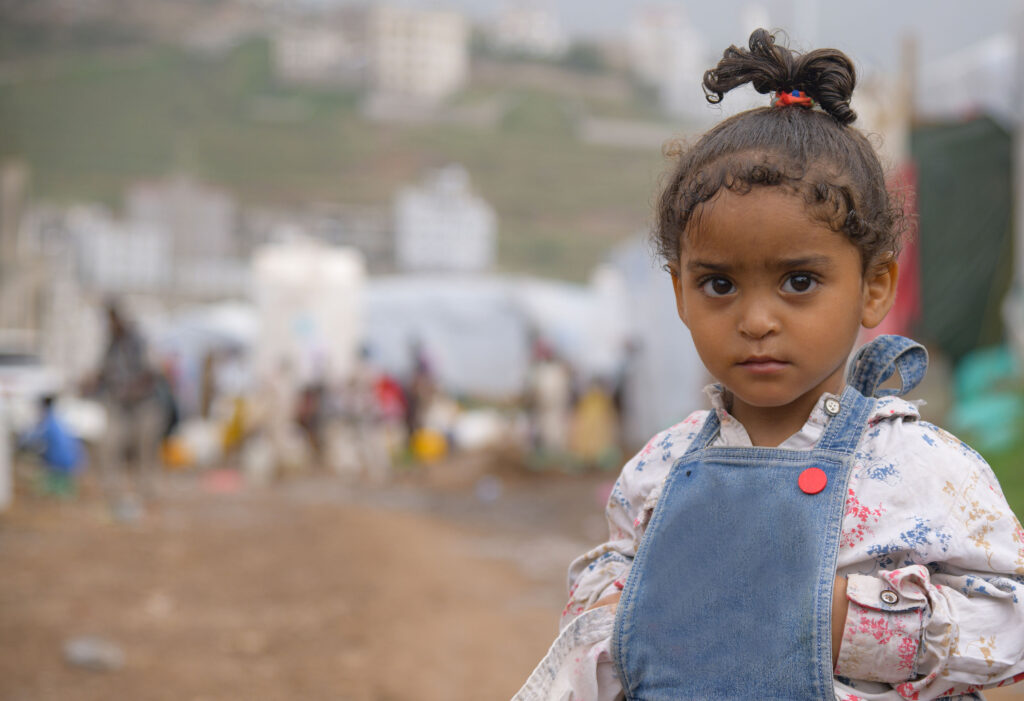Story
Addressing Drought and Hunger in Somalia and Ethiopia
The Horn of Africa—which includes Ethiopia, Somalia and Kenya—is facing a severe drought, the worst in four decades. Seasonal...
Story
A Young Child’s Road to Recovery from MAM
Sixteen-month-old Halimo Said Bashiir lives with her parents and four siblings at the Sheikh Omar camp for internally displaced...




